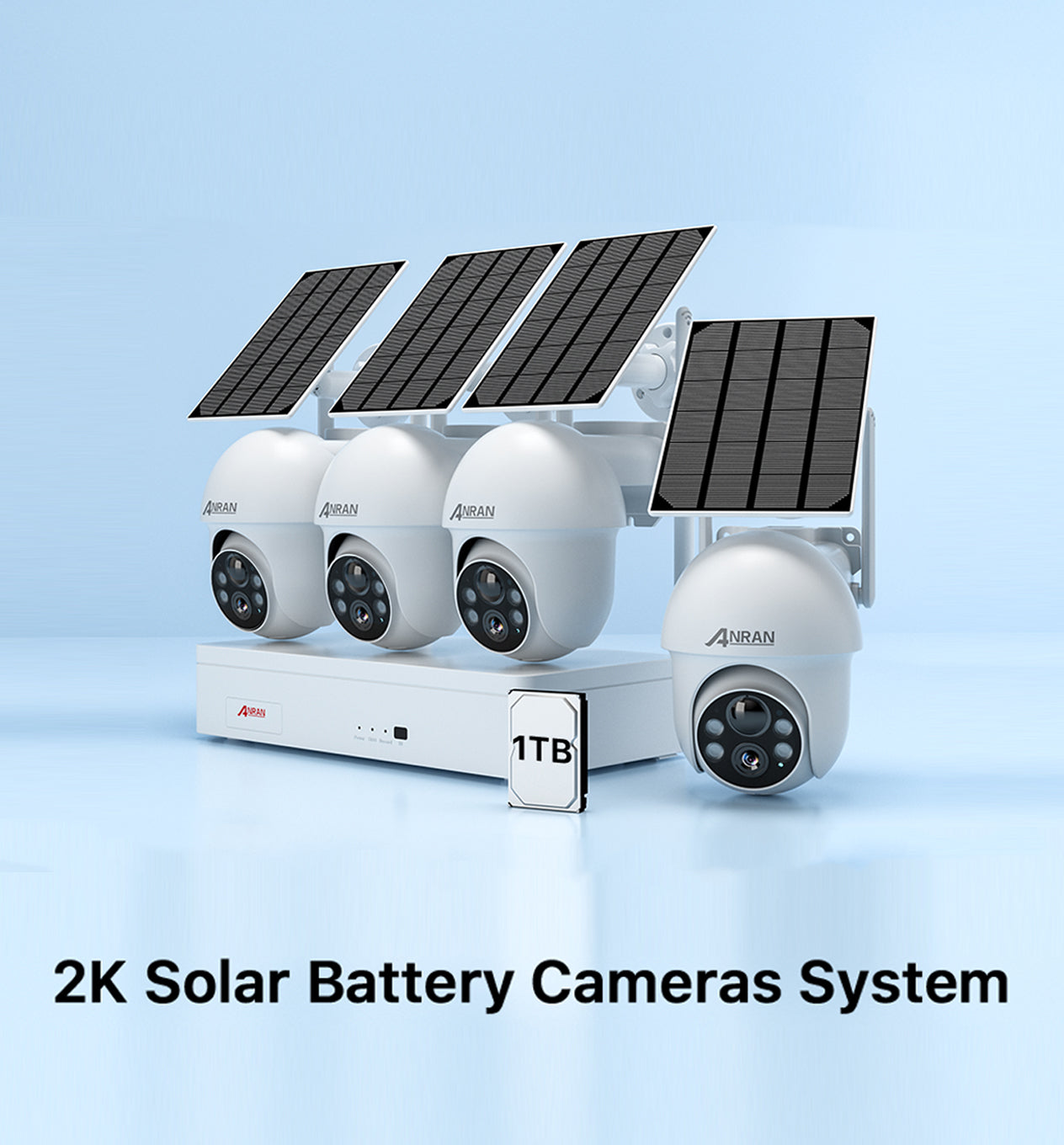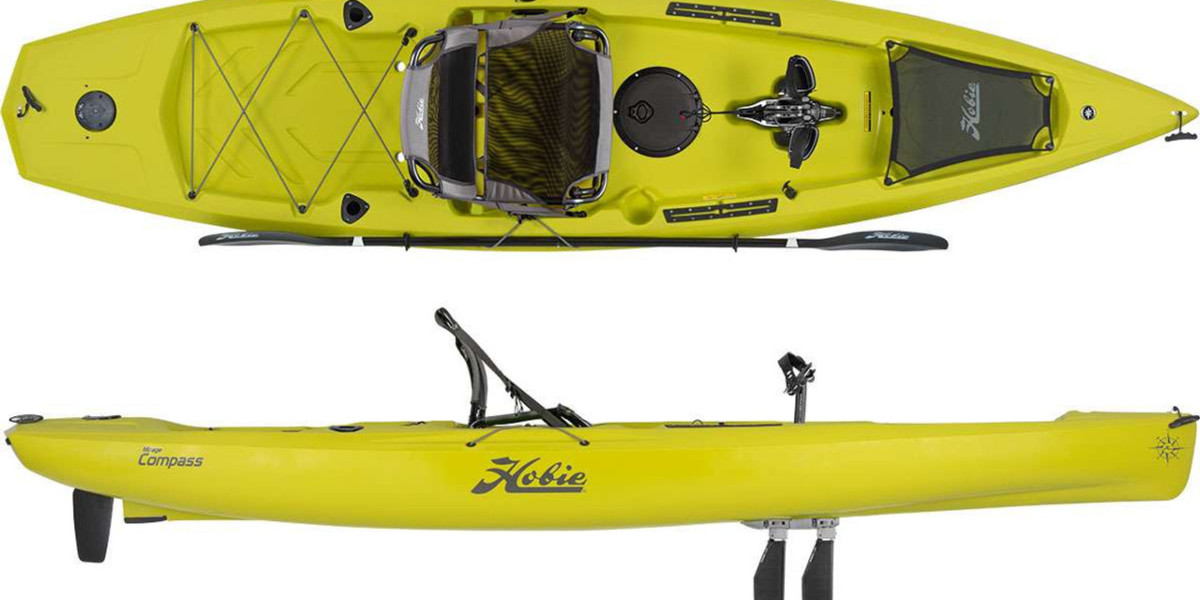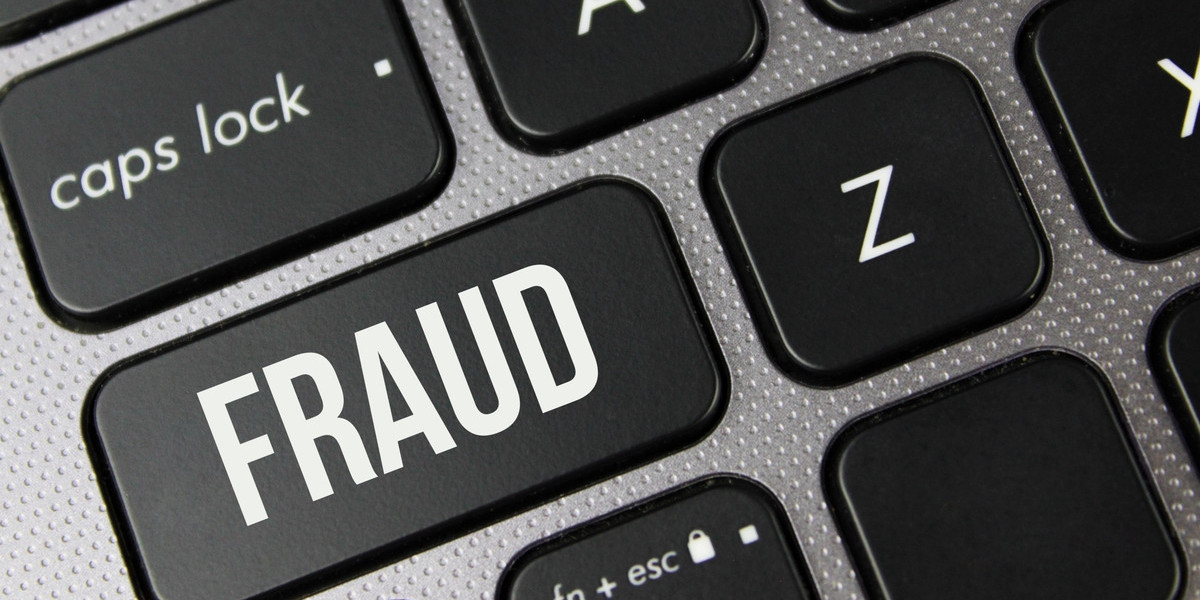Unlock the Secrets of Solar-Powered CCTV: Revolutionize Your Security Today!
In an age where sustainability and efficiency are paramount, solar-powered CCTV camera systems have emerged as a revolutionary solution for security needs. These innovative systems harness the power of the sun, offering a versatile and eco-friendly approach to surveillance. With the increasing need for reliable security options in diverse environments—be it urban settings, rural areas, or construction sites—solar-powered CCTV cameras are gaining popularity among homeowners and businesses alike. As energy costs rise and environmental concerns grow, the appeal of a self-sustaining security system has never been more relevant.

Understanding Solar-Powered CCTV Camera Systems
To appreciate the full potential of solar-powered CCTV systems, it's essential to understand their basic components. At the heart of these systems are solar panels, which capture sunlight and convert it into electricity. This energy is stored in batteries, ensuring that the cameras remain operational even during cloudy days or at night. The cameras, equipped with advanced technology, can record high-quality video, transmit data wirelessly, and even provide real-time alerts. Many systems are designed to automatically adjust their operation based on available light, ensuring consistent performance regardless of the time of day. A friend of mine recently installed a solar-powered CCTV system at their remote cabin, and they were pleasantly surprised by how effectively it operated, even in less-than-ideal weather conditions.
Benefits of Solar-Powered CCTV Systems
One of the most compelling advantages of solar-powered CCTV systems is the significant cost savings on energy consumption. By relying on solar energy, users can reduce their electricity bills and eliminate the need for wiring to mains power, which can be particularly beneficial in remote locations. Additionally, these systems are environmentally friendly, reducing carbon footprints and promoting sustainability. Installation is often straightforward, requiring minimal tools and expertise since there are no wires to run. This makes them ideal for places where traditional power sources are unavailable. Moreover, solar-powered systems can be easily relocated if security needs change. My neighbor had used a conventional wired system but switched to solar after realizing how much easier it was to set up and maintain, especially for their expansive outdoor property.
Are Solar-Powered CCTV Systems Right for You?
Determining if a solar-powered CCTV system suits your security needs involves evaluating several factors. First, consider your location—if you live in an area with ample sunlight throughout the year, solar systems can be highly effective. Next, assess the coverage area you need to monitor. Larger properties might require multiple cameras, which can be a worthwhile investment considering the energy savings. Additionally, think about the power availability; if your property frequently experiences power outages, a solar system could be an excellent alternative. It's also essential to consider whether you need features like night vision or motion detection, which can enhance the effectiveness of your security setup. A colleague of mine, who lives in a sunny region, swears by their solar-powered system, citing the peace of mind it brings without the worry of energy costs.
Installation and Maintenance Considerations
Installing a solar-powered CCTV system is relatively straightforward. Begin by selecting a location for the cameras where they will receive ample sunlight. Most systems come with mounting brackets and instructions for easy setup. Once positioned, the solar panels should be installed to optimize their exposure to sunlight. Maintenance is minimal but essential for ensuring optimal performance. Regularly clean the solar panels to remove dirt and debris, as this can impact their efficiency. Additionally, periodically check the battery health to ensure it holds a charge effectively. Simple upkeep can significantly extend the lifespan of your system and enhance its performance over time.
Innovative Solutions for Sustainable Security
In summary, solar-powered CCTV camera systems present an innovative and sustainable solution for various security needs. With their ability to operate independently of traditional power sources, these systems offer significant benefits, including cost savings, ease of installation, and environmental advantages. As more individuals and businesses recognize the practicality and effectiveness of solar-powered systems, it's clear that they are a worthy consideration for enhancing security. If you're looking for a reliable, eco-friendly surveillance option, exploring solar-powered CCTV systems might just be the next step in securing your property.








